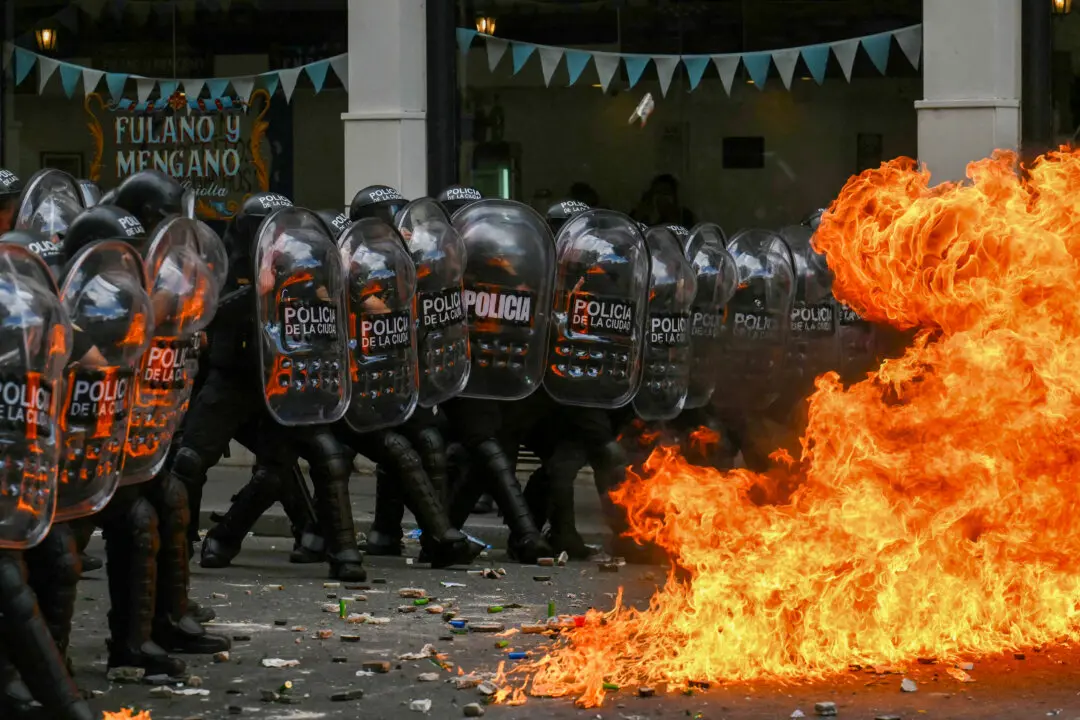Salt Lake City, which had the dirtiest air in the nation at times during the last couple of months, will study the winter weather “inversion.” The condition, which is associated with poor air quality, will be studied by the University of Utah and other universities. The goal of the 3-year, $1.3 million study is to better understand the inversion.
Salt Lake City and other cities in the region have had pollutant-trapping inversions or “cold-air pools.” The condition gave the region the nation’s worst air quality on some recent days, according to the U.S. Environmental Protection Agency.
According to John Horel, a University of Utah atmospheric sciences professor and one of three principal investigators for the project, it will be the largest field study of atmospheric conditions in Utah in a decade.
Final funding approval came from the National Science Foundation.
“We suffered from poor air quality for the latter part of December and most of January,” Horel said in press release. “This study is going to identify the weather that contributes to the development, maintenance and breakup of these inversions.”




